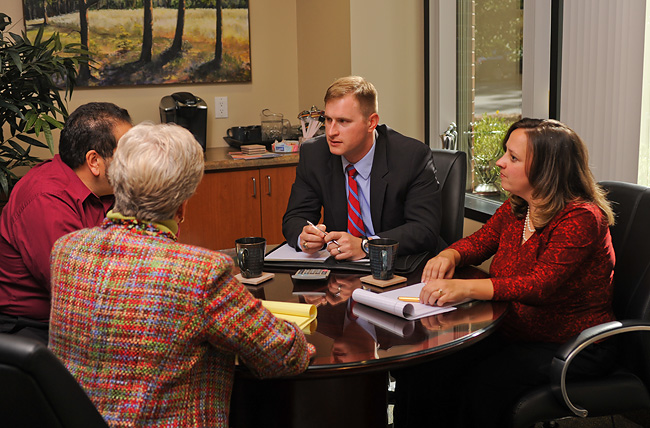
Couples typically need legal help resolving the legal issues around separation and divorce. Divorce lawyers, operating within the adversarial system of the courts, typically operate competitively. They become the communication channel between the couple and tend to restrict direct communication between the spouses. Divorce lawyers routinely file in court to reach a resolution. This can make worse the already strained relationship between the spouses.

Residents of North Carolina who are facing divorce can choose between court-directed proceedings or collaborative divorce proceedings. Family law attorneys using collaborative law proceedings help couples resolve the legal issues around separation and divorce without going to court. The collaborative process provides a healthier option. The family law attorneys who participate as members of the Collaborative Divorce Experts consortium of professional firms, are specially trained and experienced in collaborative law proceedings, in non-adversarial conflict resolution, in interest-based negotiation, and in facilitating difficult conversations.

Attorneys and their clients agree, in collaborative law proceedings, to fully and voluntarily disclose information. They agree that parenting decisions will be based on the best interests of the children. And they meet to resolve the legal issues surrounding the divorce in “four-way conferences” – conferences that include the two spouses and their attorneys.



As described more fully below, the collaborative process is uniquely suited to provide support to the divorcing couple from licensed mental health professionals with special training in collaborative divorce, as well as financial consultants with specific training in both the collaborative process and the finances of divorce. This full team approach allows for a protected environment in which divorcing couples can face difficult decisions in safety and with the expert professional help they need.

The collaborative divorce process allows the spouses to reach agreements and avoid contentious court trials. It can also promote a healthy transition from the negative intimacy that has caused the deterioration of the marriage to a positive working relationship allowing couples to communicate effectively.